Nairobi
Since my father first caught sight of Mombasa from his ship in late 1929, at least some of my family has lived continuously in east Africa until now. After Kenya’s independence in 1963, many Europeans opted to become citizens of the new country, but my parents did not. All my life, I never had any doubt where I wanted to be most of all and once, after too long overseas, I recall bursting into tears when the pilot announced that we had entered Kenyan airspace.
Still, I grew up grateful that I held a British passport. It allowed me to travel the world as a correspondent, probably more easily than if I had held any other nationality. I have been proud to be British, yet I was always envious of those who held a Kenyan passport. To me, it was one of the things I wanted most of all in the world. I have worked in several continents but I was born in Nairobi, married here, my children were also born in Kenya and my father and mother’s ashes were scattered off the beach in Malindi.
For most of my life, I was never going to be allowed to be Kenyan. But when the country adopted a new constitution about a decade back, the right of dual citizenship was extended to people like me. I filed my application on 26 April 2012. Nothing happened. In January 2015, I received a letter from the immigration department to say my case was ‘receiving attention’, and that further communication would be made in ‘due course’. I visited the citizenship offices on a regular basis and was told to wait because I would hear more in ‘due course’. Every few months I made the pilgrimage to Nairobi, changing out of dusty farm clothes to don my suit and drive six hours from the ranch to the immigration offices, where I would be politely told to wait a bit more.
Nine years passed. I thought they’d forgotten all about me. Frankly, I had given up hope and I was sad about it — but I should have understood that though the mills of Kenyan immigration grind slowly, yet they grind exceeding small. Last Thursday when I was on the beach taking a break, I got a text message advising me to collect a letter of invitation to a committee interview about my application, just five days later. I was told very clearly that I must conduct the interview in Swahili, describe what contribution I had made to the Republic of Kenya and answer general knowledge questions about the country.
After flying to the capital, I hardly got a wink of sleep. At 2 a.m., I found myself standing to attention singing Kenya’s national anthem. Until dawn I was swotting up on the rights and duties of a citizen, the symbols behind the nation’s flag and coat of arms, the history and geography. I figure I know all these things pretty well, but I didn’t want to get anything wrong — or it might be another 92 years before a Hartley got another chance to become a Kenyan.
I took a motorbike taxi downtown just after dawn, zigzagging through ghastly Nairobi traffic under the marabou storks roosting in the jacarandas, all the way to the immigration office. To my surprise, I was the youngest of the applicants waiting for the interviews. The man who went in before me was — amazingly — 92 and hobbled on a walking stick. I waited three hours before going in, but this was no problem for me at all, given how long a journey it’s been.
Unlike the citizenship ceremonies of Britain and elsewhere, this interview is not a done deal. My success — and I don’t know yet if I’ve passed — will depend on the quality of the answers I gave during the event. A panel of four people asked me about what I could say about the good I had done for Kenya — and what I might bring to the table in future. They tested the quality of my Swahili and my knowledge of the country and its laws.
It was over in 15 minutes, I said thank you and then I went downstairs onto the street, where I lit up a relaxing cigarette among some rough lads on a street corner. A hustler sauntered up to me, the only white man on the road, and he looked like he was going to bother me when one of the rough lads said in Swahili, ‘Hey, leave him be. He’s a local.’
Got something to add? Join the discussion and comment below.
Get 10 issues for just $10
Subscribe to The Spectator Australia today for the next 10 magazine issues, plus full online access, for just $10.
You might disagree with half of it, but you’ll enjoy reading all of it. Try your first month for free, then just $2 a week for the remainder of your first year.


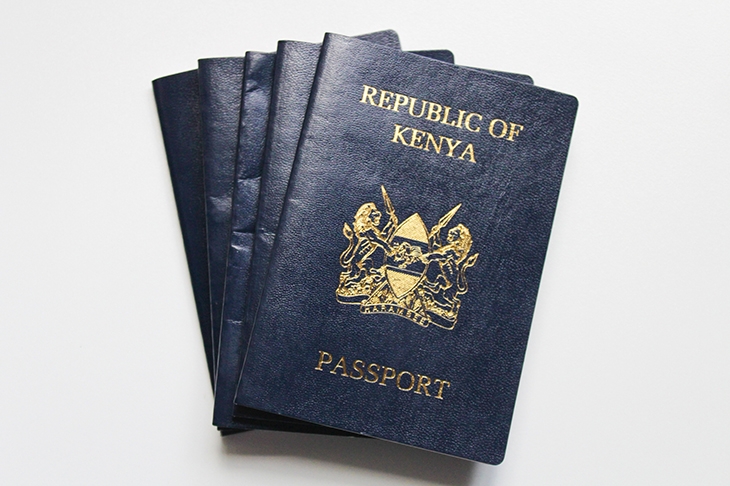
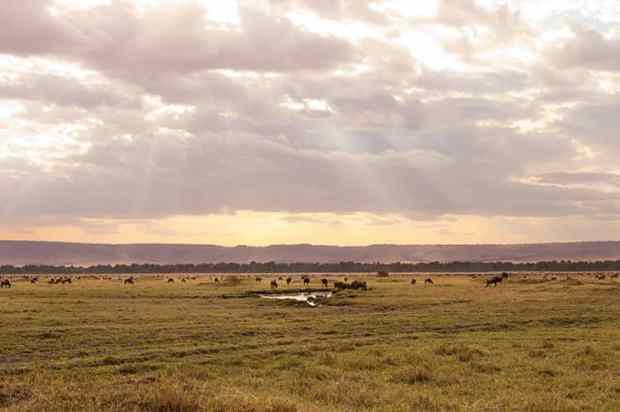
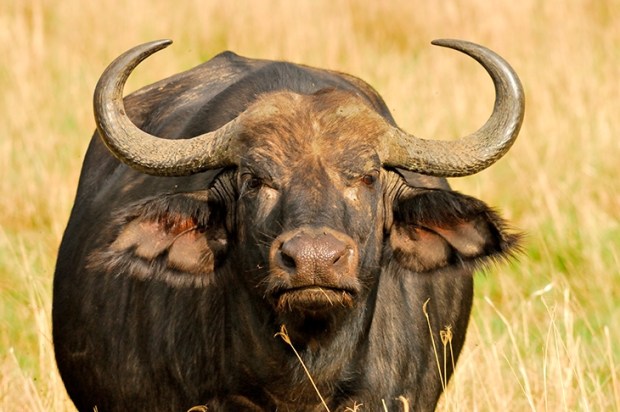

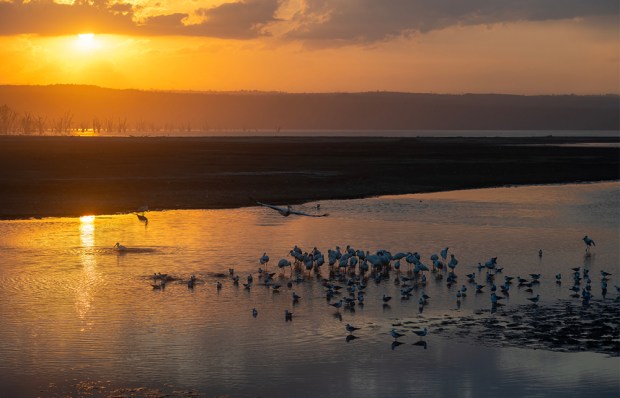

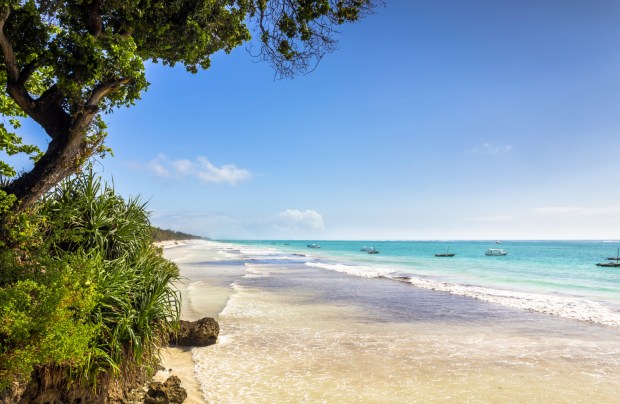






Comments
Don't miss out
Join the conversation with other Spectator Australia readers. Subscribe to leave a comment.
SUBSCRIBEAlready a subscriber? Log in